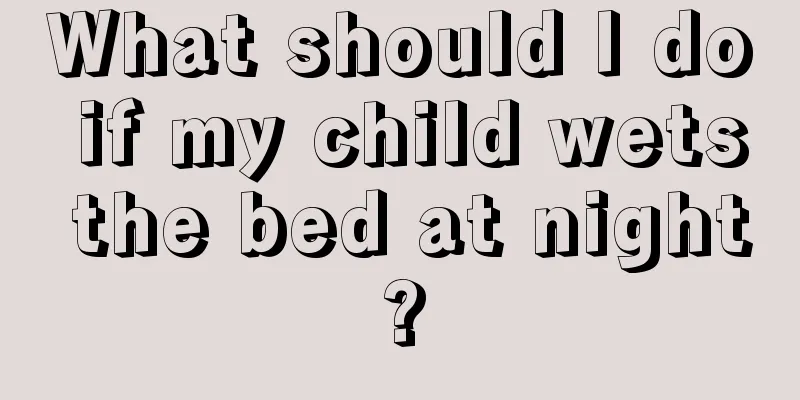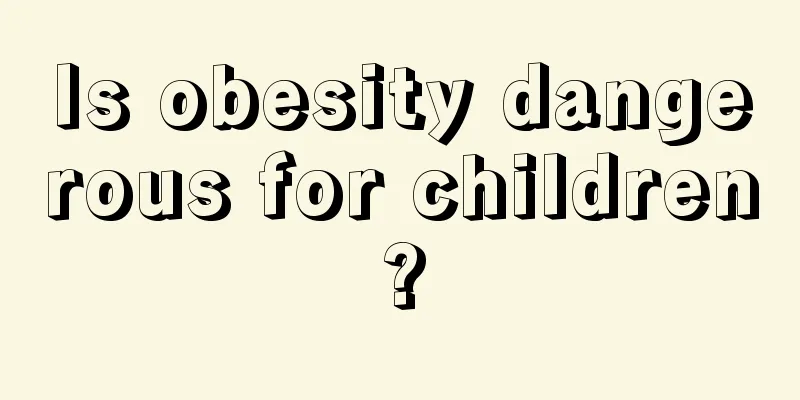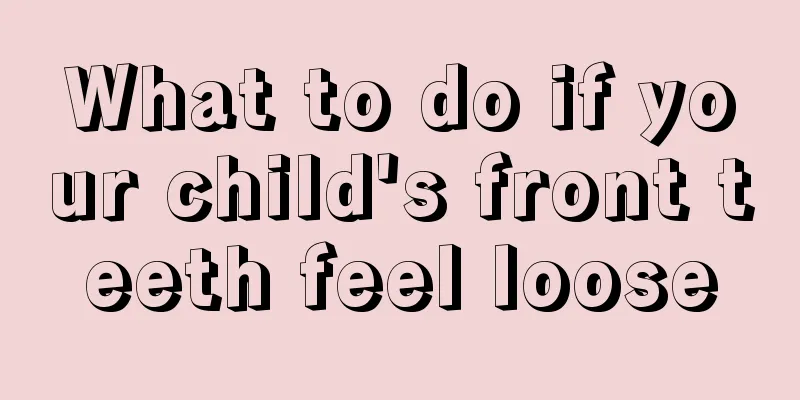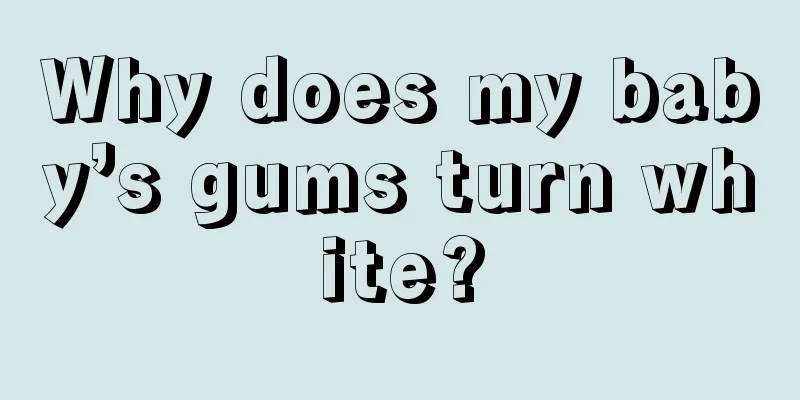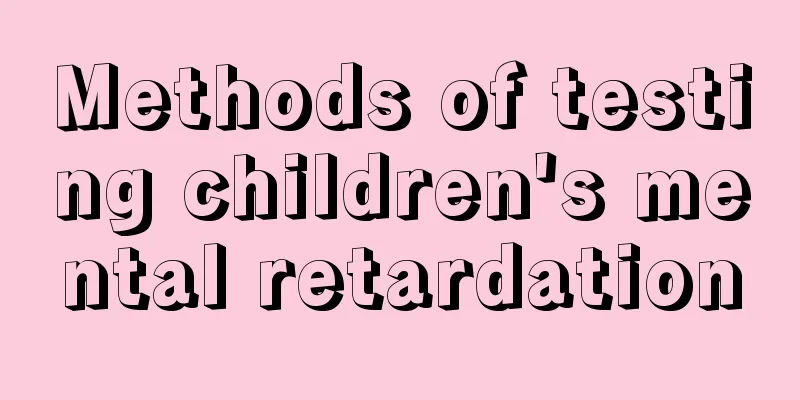What to do if your child has convulsions during a fever
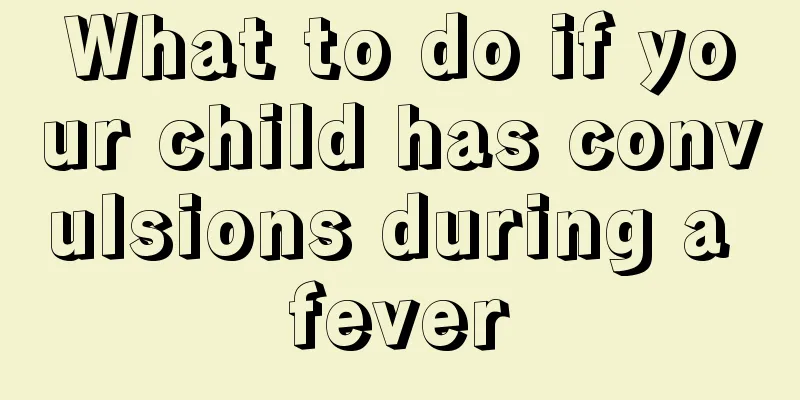
|
When a child has a fever, if the body temperature is relatively high, for example, when it is maintained at 40℃, it is very likely to induce febrile convulsions, which are the symptoms reported by some parents that their children have convulsions when they have a fever. Febrile seizures after a fever are a very common disease, but if treated properly, most children can be relieved. If a child has a high fever and is convulsing, it is important to actively cool him down, and it is best to send him to the hospital for inpatient treatment. Children with high fever are prone to convulsions and cramps, which are called febrile convulsions. Timely fever reduction can prevent this from happening. Generally, high fever for a long time will cause body spasms and convulsions, so remember to reduce the fever and temperature. Because children's development is not yet complete, fever can easily cause brain dysfunction and lead to symptoms such as unconsciousness and whole-body convulsions. Repeated convulsions can cause brain cell damage and affect the intellectual development of children. Therefore, no matter what causes the fever, it should be cooled down reasonably to avoid convulsions caused by excessive body temperature. Generally, children are more likely to have convulsions when their fever reaches 39 degrees Celsius or above, but some children may have convulsions at 38 degrees Celsius, or even without a fever. This is related to the child's overall condition, especially factors such as calcium deficiency or epilepsy. Those who initially have high fever convulsions but later have low fever or even convulsions without fever are not ordinary febrile convulsions and must be examined by a doctor. It is generally impossible for parents to make an accurate diagnosis of the cause of their children's fever and convulsions, but they should take timely measures within their ability to minimize the hypoxia and damage to the child's central nervous system caused by high fever and convulsions, and avoid or reduce the occurrence of complications. The reason why children are prone to convulsions when they have a fever is mainly because their nervous system is not particularly well developed, and their nervous system is even unstable. If the body temperature is too high at this time, it will easily stimulate the nerves and cause convulsions. As the child grows up, the nervous system develops more and more perfectly, and high fever convulsions are less likely to occur. |
<<: What to do if your child has repeated coughing and phlegm
>>: What to eat for children with bronchitis and cough
Recommend
The baby's forehead is protruding like a birthday star
The growth and development of infants is a matter...
What to do if a newborn spits up when changing milk powder
If a newborn baby spit up milk after changing the...
Why do children toss and turn in their sleep?
If a child tosses and turns in his sleep, it may ...
Will cod liver oil cause constipation in babies?
Many parents are familiar with cod liver oil. It ...
What to do if your eight-month-old baby has enteritis and diarrhea
Babies start to eat various complementary foods a...
What’s wrong with the small bumps and rice grains on the back of a child’s hands?
Children's skin is very delicate, so they are...
Red urine in children
If children are found to be urinating red urine, ...
Eight-month-old baby sweats a lot
Eight-month-old babies will show more physical ab...
One week eight month old baby early education
With the improvement of my country's cultural...
Children's abdominal B-ultrasound lymph node enlargement
Swollen lymph nodes in the abdomen is a very comm...
What should I do if my 9-month-old baby doesn’t like to eat?
When the child is young, we are afraid that he wi...
How to choose a baby pillow
When choosing a pillow, you must pay attention to...
Does pediatric massage have any side effects?
Massage is very good for the human body, but ther...
What are the methods for children to kill roundworms?
Ascaris can cause a lot of inconvenience to our b...
What are the symptoms of anxiety in children?
Many children are prone to anxiety in their daily...
